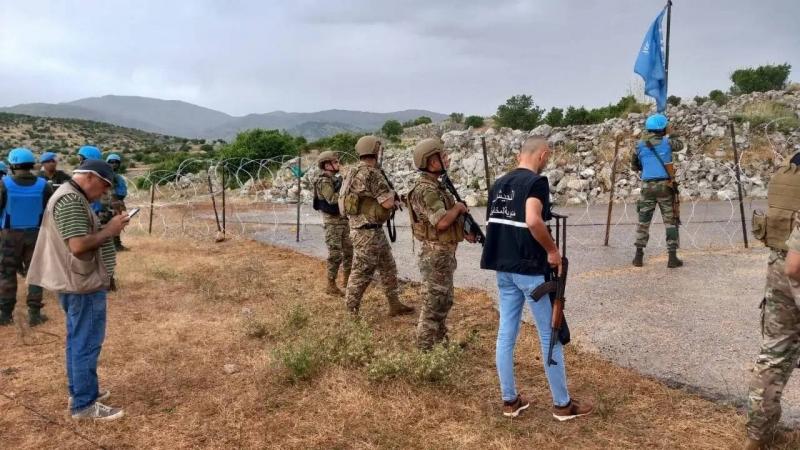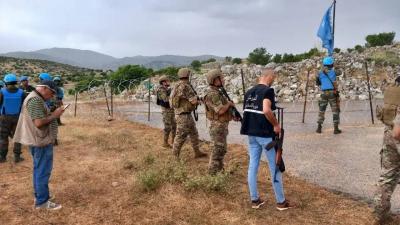U.S. Joint Chiefs of Staff Chairman General Charles Brown stated that any Israeli attack on Lebanon could increase the risks of a wider conflict involving Iran and its allied militants, especially if Hezbollah's existence is threatened. Brown did not reveal his expectations for subsequent actions by Israel but acknowledged its right to defend itself. He warned that an attack on Lebanon "could increase the likelihood of a broader conflict."
Brown told reporters before his stop in Cape Verde on his way to participate in regional defense discussions in Botswana, "Hezbollah is more capable than Hamas in terms of overall capabilities and the number of rockets and the like. I would only say that I see Iran more inclined to provide greater support to Hezbollah." He continued, saying, "Once again, all of this could help expand the scope of the conflict in the region and make Israel concerned not only about what is happening in the southern part of the country but also about what is happening in the north."
Brown noted that the U.S. ability to defend Israel against Hezbollah attacks might be more limited than its capacity to assist in intercepting the missile and drone attack that Iran launched against Israel in April, which was largely thwarted. Brown explained, "From our perspective, and based on the location of our forces, and the short range between Lebanon and Israel, it is difficult for us to be able to support them in the same way we did in April."
Brown's comments came as Israeli Prime Minister Benjamin Netanyahu said on Sunday that the end of the intensive phase of fighting in Gaza would allow Israel to deploy more troops along the northern border with Lebanon. The Iranian-backed Hezbollah had begun attacking Israel shortly after Hamas's attack on southern Israel on October 7, which ignited the war in Gaza. The two sides have exchanged strikes since then, and Hezbollah has confirmed that it will not stop until a ceasefire is reached in Gaza.
Earlier this month, Hezbollah targeted Israeli towns and military sites with the largest barrage of rockets and drones in the fighting so far, after an Israeli raid killed the group's highest commander since the clashes began in October. Israeli Defense Minister Yoav Galant traveled to Washington on Sunday to discuss the next phase of the Gaza war and the escalation of hostilities along the border with Lebanon.




